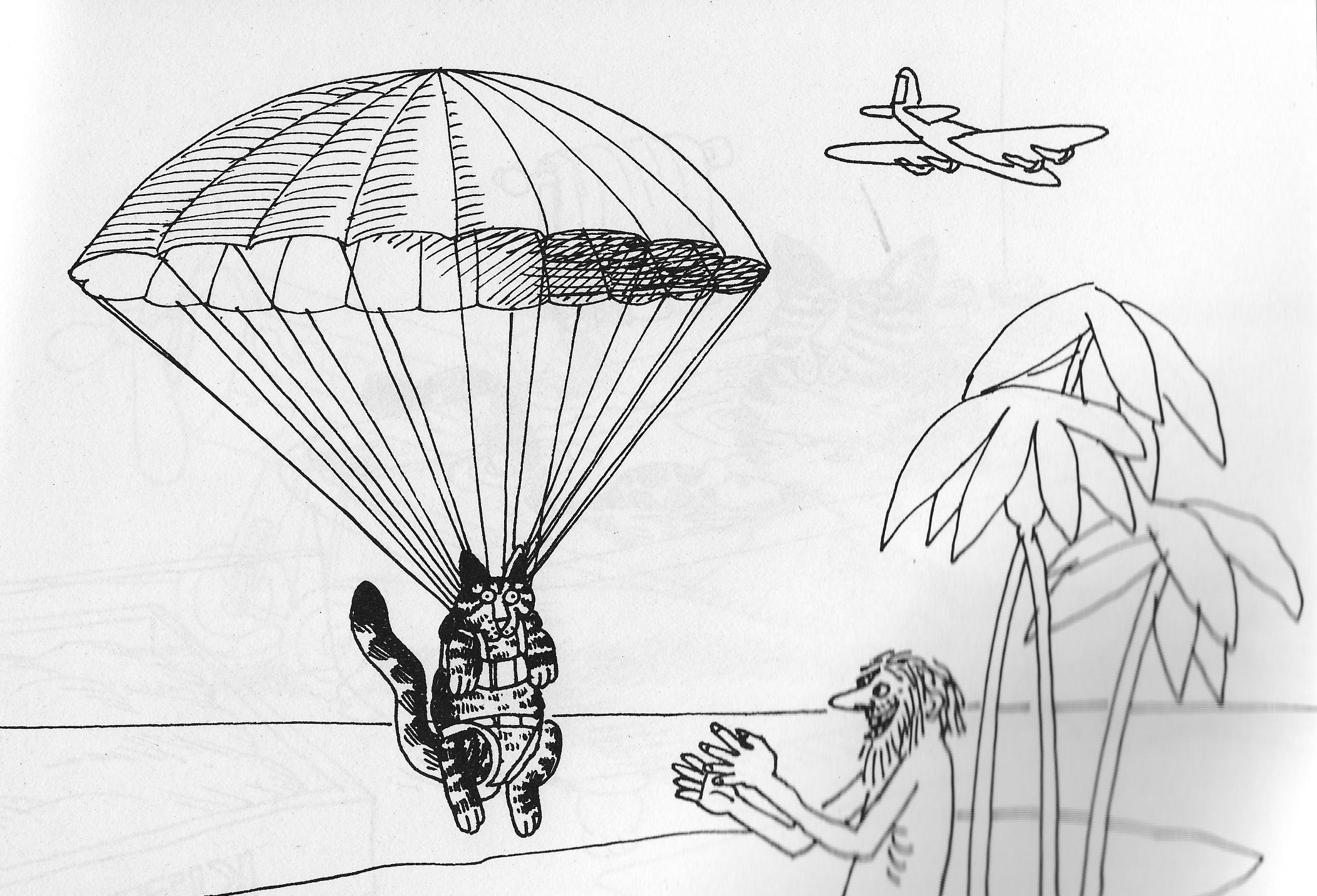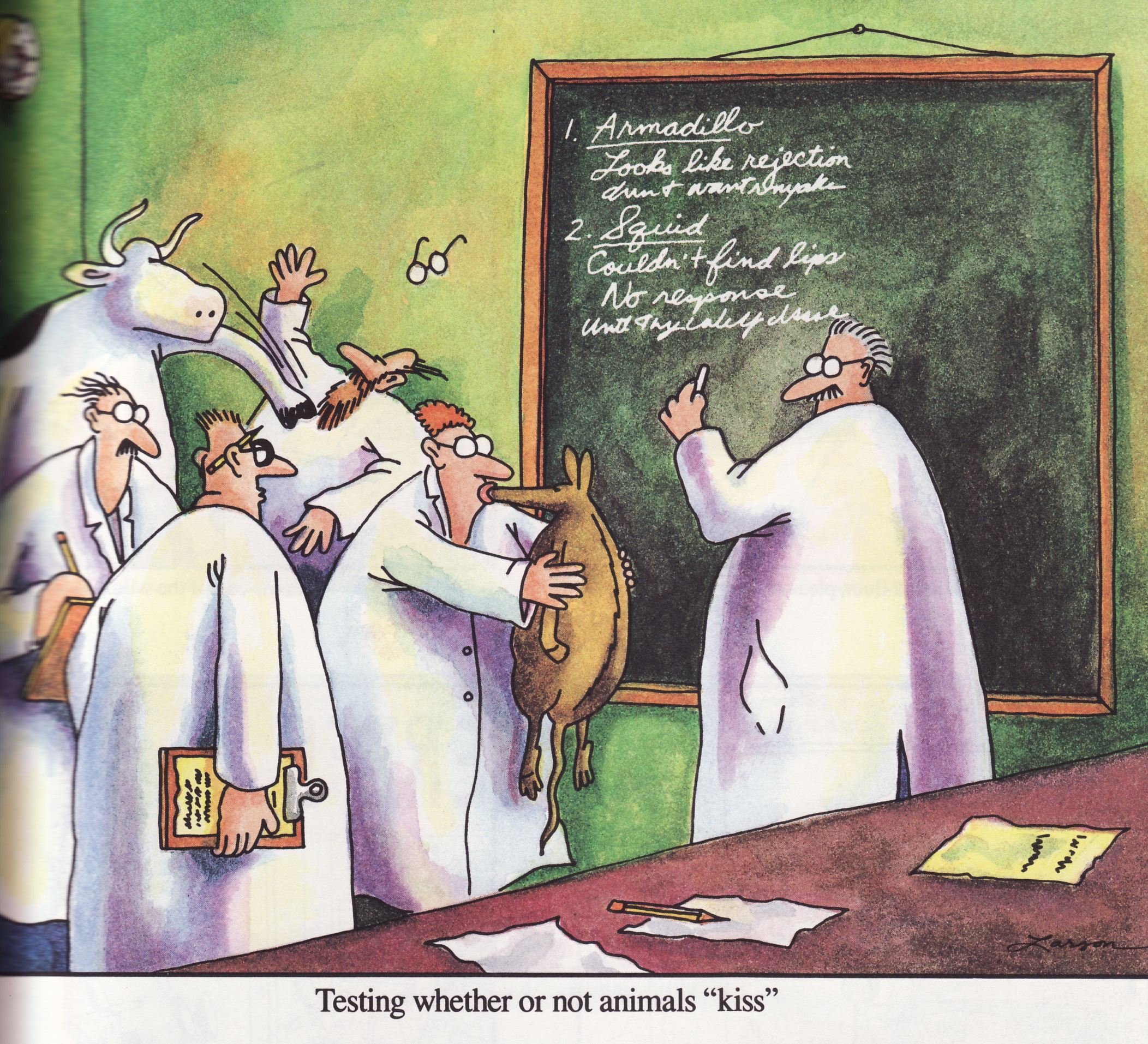
Okay. I mentioned I had this darn insight many years ago: something like a Batesonian metalogue–which are sprinkled throughout his books–seems to be discoverable in the deep structure of particular Sufi teaching stories. This old insight has evolved and this is due mostly to my original apercu not really being the actual case.
I would put it differently now. There is in this kind of story a hidden potential for shifting one’s “base” way of experiencing their being-in-the-world. (This is but one way of putting the experiential ‘trap door’ contained in such stories.) Whereas, Bateson never specified a comprehensive set of applications which could be said–had these been specified–to be implicate in his research and articulation of his understanding. He never, as-it-were, surfaced those kinds of robust edifying activities.
To hold these two different aspects from two different ‘realizations,’ together, nevertheless, reveals similar practical objectives. One simple way to suggest this is to bring in the metaphor of peeling the onion. Certainly this does fine duty with respect to the technology given by the Sufi teaching story. After all, the teaching story is surely a technology for peeling the onion. On the side of Bateson, similarly, but less tried and tested, there is an implicate technology focused on supporting a deep, counter-habitual, and no less subversive ‘environmentally-experiential’ learning.

Now I’m reviewing my archive of teaching cartoons to see which ones elicit these similar aspects.
Stephen Nachmaninovitch’s seminar was terrific. I’m not going to talk too much out of school, except to make a couple of observations. Later, I’ll highlight Stephen’s resources.
He brought Bateson into his mostly experiential presentation in very subtle ways. He insinuated a handful of ideas by softly integrating each into the composition of his program. From my perspective, it seemed he was ‘making ground’ for negative capability. I suppose I’m sensitive to this, so it was striking. Those of course are just my terms.
Among the bright Ph.D. candidates in the room, many seemed to find their way in a situation aiming to be expansive rather than one aimed to feather their (likely) laser-directed professional aspirations!
This leads to my other observation. There is, in the context of the professional academy, a very ripe circumstance for this kind of instigation. There were many moments during the seminar when I was chuckling inside because so many ‘givens’ were coming under a lot of pressure–except this was entirely by deep and indirect implication. This seemed almost tacit, yet obvious too.
And, at the same time, Nachmanovitch was very selective. He interjected Bateson’s sense about the problem with nouns-with reification-with flattening, but didn’t then highlight this applies to ideas as well as people, places, and things. All he said was that this applies to people, places, things, and ideas. It seemed he was seeding a handful of experiences and frames and allied concepts. Briefly, at the end, he wrapped this all up in a mildly didactic closing.
It was masterful for what he didn’t say; for what he left to ‘roam on its own;’ and, for trusting his students to discover what they will. As Bateson would have it: he didn’t close off possibilities.


